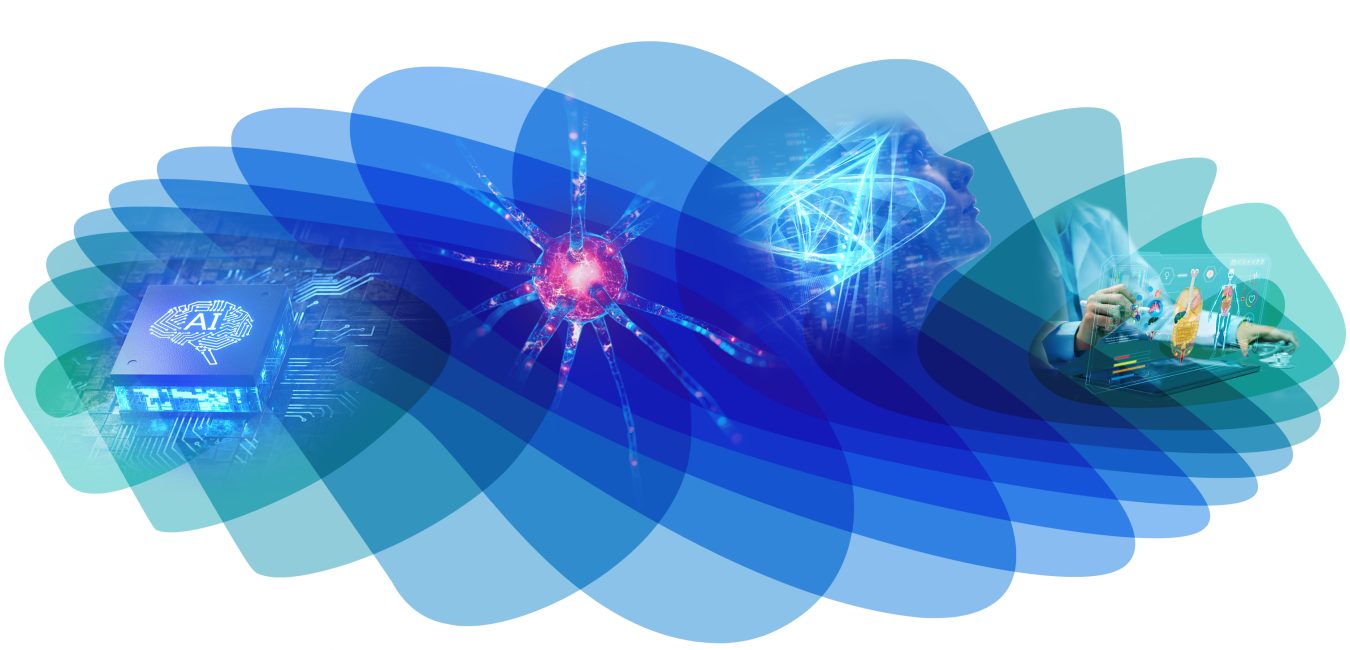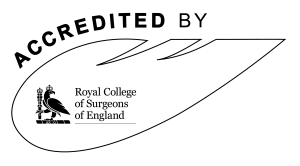Description
In the framework of biorobotics, huge efforts have been dedicated to innovative sensing and actuation strategies with the final aim to solve common drawbacks of traditional technologies. Sensing and actuation are regarded as the main challenges for biomedical robotic research, in terms of portability, repeatability, bandwidth, resolution and material. Industrial soft robots use a wide range of actuators and sensors, usually not suitable for most medical applications. This poses the challenges to choose different actuation and sensing technologies. Smart solutions are rapidly growing in literature, covering different research fields, such as, wearable robotics, training and simulation, soft robotics, textile engineering, surgical robotics, rehabilitation and prosthetics. Nowadays, soft robots for healthcare are equipped with sensors for better perception of their surroundings, force, temperature, shape, and other stimuli for guaranteeing efficient and safe interactions.
Several research groups have already reported significative progress in sensing technologies by exploiting, for example, resistive, piezoresistive, capacitive and optical solutions. They are included in the speaker list in order to present their results and for discussing, all together, open issues, future prospective and potentialities. An active discussion will be planned for comparing the different approaches and for sharing experiences and knowledges. Different actuation mechanisms are critical for medical robotic system design in terms of fabrication, sensing, control and working environments. Fluid actuation, dielectric elastomer-based actuation, contactdriven deformation, tendon-driven actuation, shape memory materials and magnetic actuation are the most common proposed solutions for innovative miniaturized robotic systems. The possibility to combine together researchers coming from different background and with different experiences will allow to envisage a proficient discussion about current bottlenecks for an efficient integration of the proposed technologies.
A full-day workshop seems to be the most suitable solution for giving us the opportunity to include in the programme a huge section of questions and discussions.
Programme
| 08:30 - 09:00 | Registration & Coffee | |
| 09:00 - 09:30 | Introduction: smart sensors and actuators for biorobotics applications | |
| Smart actuators and sensors for learning and training in medical practise | ||
| 09:30 - 10:00 | High-fidelity simulation for training: The BioRobotics Institute experience | Professor Arianna Menciassi and PhD Selene Tognarelli |
| 10:00 - 10:30 | TBD | Professor Thrishantha Nanayakkara |
| 10:30 - 11:00 | Coffee Break | |
| 11:00 - 11:30 | Emulating the Neuromusculoskeletal System Through Soft Robotics | Professor Liang He |
| 11:30 - 12:30 | Discussion about the morning session: smart actuators and sensors for learning and training in medical practise | All participants |
| 12:30 - 13:30 | Lunch Break | |
| Technological solution for smart actuators and sensors: e-textile case study | ||
| 13:30 - 14:00 | Smart Textiles: Soft, Flexible Sensors and Actuators | PhD Sophie Skach |
| Smart actuators and sensors for clinical applications | ||
| 14:00 - 14:30 | TBD | Professor Emmanuel Vander Poorten |
| 14:30 - 15:00 | Sensorless sensing in sustainable robotic surgery (online presentation) | Professor Tim Horeman |
| 15:00 - 15:30 | Coffee Break | |
| 15:30 - 16:00 | Soft Sensors for Minimally Invasive Soft Surgical Robots (online presentation) | Professor Sheila Russo |
| 16:00 - 17:00 | Discussion about the afternoon session: smart actuators and sensors for clinical applications | All participants |
| 17:00 | Workshop End | |
Learning Outcomes
The learning outcomes coming from this workshop can be summarised as follows:
- Deepen state of the art about sensing and actuation for healthcare applications – the presence of international speakers will cover the majority of the current literature.
- Technical details for sensing and actuation strategies – this could be really useful for students and researchers that are approaching the technologies for the first time or that are interesting in investigating the translation of a specific solution in a different application.
- Interdisciplinary approaches – the presence of well-recognised professor and researcher most active in the field of smart biorobotics, will give us the possibility to guarantee an interdisciplinary discussion that will involve the entire workshop attendees.
- Possible students/researcher exchange for future collaborations, e.g., projects, internship etc.
Organisers
- Dr Selene Tognarelli, Scuola Superiore Sant’Anna
- Prof. Arianna Menciassi, Scuola Superiore Sant’Anna
- Prof. Thrishantha Nanayakkara, Imperial College London
- Ms Giulia Gamberini, Scuola Superiore Sant’Anna
This workshop is accredited for 6 CPD points.


